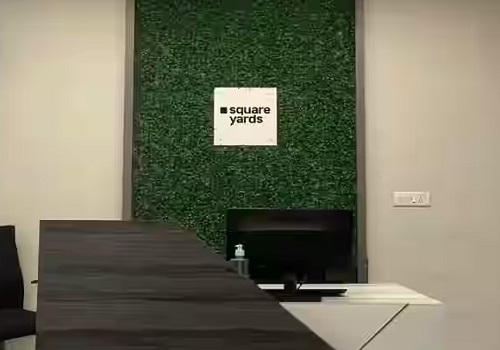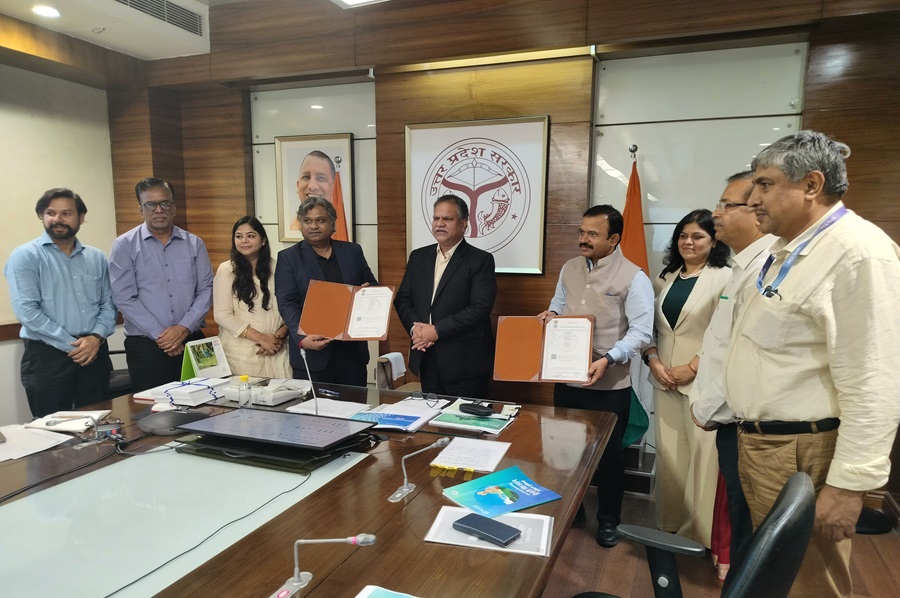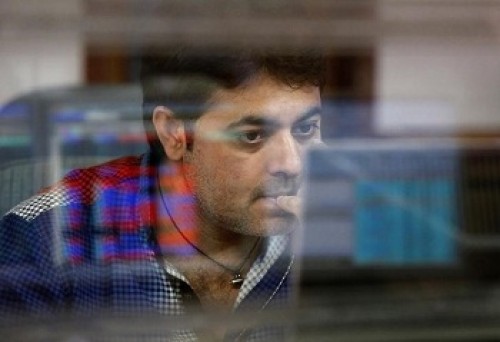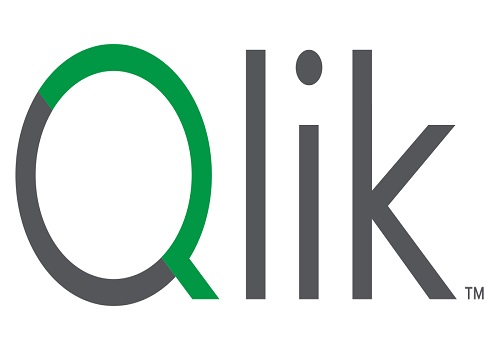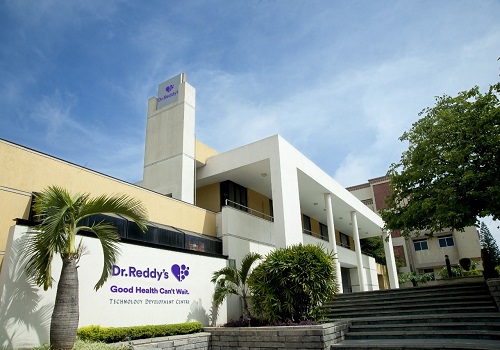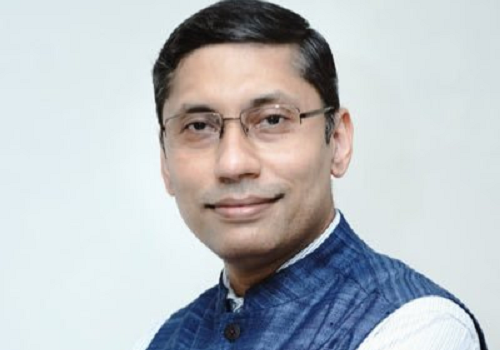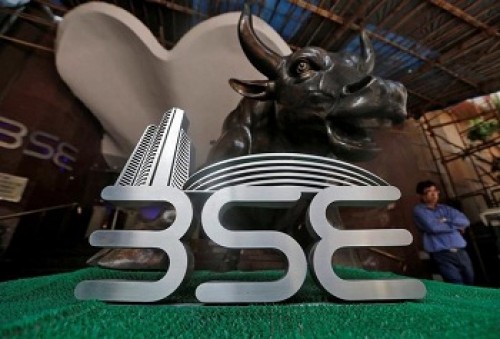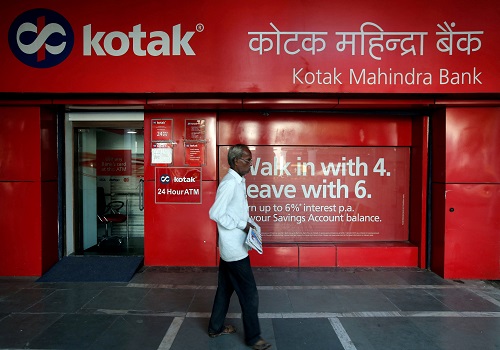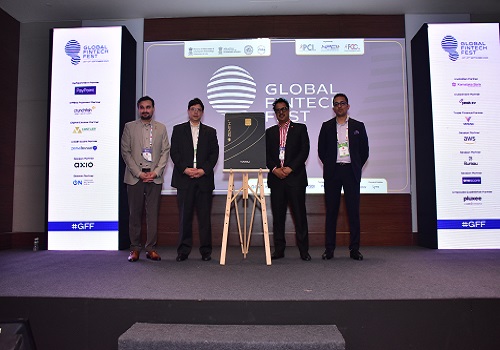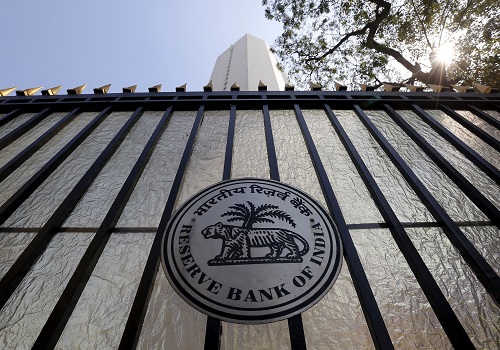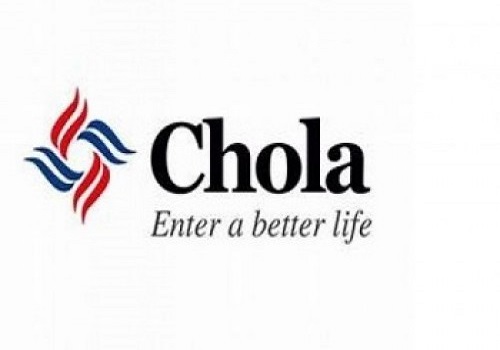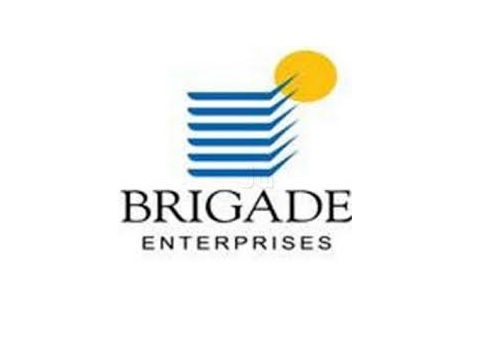Buy Suryoday Small Finance Bank Ltd For Target Rs.205 - ICICI Securities
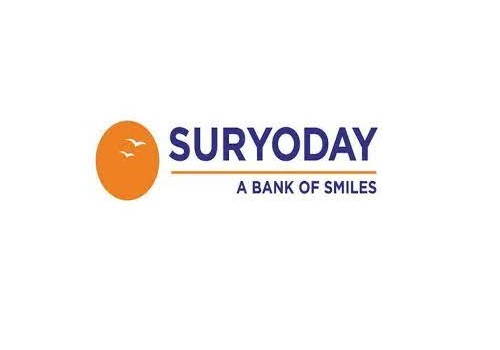
Follow us Now on Telegram ! Get daily 10 - 12 important updates on Business, Finance and Investment. Join our Telegram Channel
Core operating performance continued to improve; provision to remain elevated in near term
Suryoday SFB (Suryoday) turned net profitable in Q3FY22 by reporting PAT of Rs79mn, after reporting loses for the past three consecutive quarters. Robust NII growth at 14% QoQ, contained opex growth at 7% QoQ and steady moderation in credit cost to 6% (annualised) from 11% in Q1FY22 led to sharp improvement in profitability. Taking cognisance of improved disbursements to Rs11.2bn in Q3FY22 vs Rs10.7bn in Q2FY22, with ~0.6mn lakh MFI customer base eligible for other retail asset products (mainly secured products) and improving trajectory in collections (still lower than industry), management is guiding for higher AUM growth in FY23E at 30-35% vs 20-25% earlier. While higher write-offs at Rs0.9bn (~2% of loans) restricted increase in GNPL (10.5%), the same led to NNPL increasing to 5.6% vs 4.5% in Q2FY22. However, it plans to bring down GNPL to <8% by Q1FY23E and maintain PCR at 70% vs 50% currently. While near-term asset quality concerns persist given elevated PAR 1+ pool, adequate capital at 41%, cost leadership and improving trajectory in core operating performance will help it revive RoA to ~1.5% by FY23E. Maintain BUY with revised TP of Rs205 (earlier: Rs310), valuing at 1.25x on FY23e BVPS. We also cut earnings by 7% for FY23E as we build in higher credit cost at 4% vs 3% earlier.
Healthy momentum in disbursements; Suryoday expects AUM growth to remain at 30-35% in FY23E. Disbursements during Q3FY22 further improved to Rs11.2bn vs Rs10.7bn in Q2FY22 and management expects to clock Rs4bn monthly disbursements Q2FY23E onwards. Overall, it expects AUM growth to remain robust at 30-35% vs earlier guidance of 20-25%. Incremental disbursements would be largely towards affordable home loans and secured loans. Thus, it plans to reduce the share of MFI loan to 50% by FY23E from current level of 67%.
Steady improvement in core operating performance. NII grew strong 14% QoQ, after growing 19% QoQ in Q2FY22, driven by 9% QoQ AUM growth and 80bps QoQ margin expansion. Total cash + investment at 33% would ensure sustainability in margins, given likely change in asset mix towards loans, going ahead. Cost / income ratio remains at 57% vs 54% in Q2FY22, largely due to lower other income, which fell 46% QoQ, while total operating expense grew 7% QoQ. As a result, PPoP remained flat QoQ at Rs805mn vs Rs828mn. However, with improving visibility on growth, management expects to reach monthly PPoP of R400mn by July’22.
Fintech partnership – total digital lending AUM to remain at 5-10% of AUM. It has tied-up with two fintechs for digital lending, primarily small business loans (merchant loans) and does not intend to extend consumer or BNPL loans.
PAR1+ at 22% raises concern over near term credit cost. Suryoday’s asset quality performance was mixed – GNPL remained flat at 10.5% vs 10.2% in Q2FY22 due to higher write-offs, while NNPL increased sharply to 5.6% vs 4.5% in Q2FY22. PCR fell to 50% vs 59% in Q2FY22 due to NPA provision at Rs0.75bn vs write-offs of Rs0.9bn. Total standard restructured pool stands at 12% and PAR 0 at >20% even in Dec’21. Higher urban MFI exposure (67% of total AUM) and ~26% AUM in Maharashtra (worst impacted state during covid) are primary reasons for high PAR portfolio. Its collection efficiency (one EMI adjusted) remains steady at 84% in Dec’21 but still significantly lower than industry average of ~90%+.
Lower coverage and visible vulnerability in restructured portfolio pose risk of higher credit cost in near term. We expect credit cost to remain elevated in near term given it intends to improve PCR to 70% from 50% currently, higher write-offs and provision towards restructured book. A) lower PCR on existing GNPL at <50% (we believe LGDs will be much higher), B) elevated PAR 0 portfolio at 22% even in Dec’21 and C) significantly lower collections in restructured portfolio at 65% (total standard restructured portfolio at 12%) would keep credit cost elevated in near term.
Deposit franchise shaping up well. The share of retail deposits further increased to 88.4% vs 87.9% in Q2FY22, similarly CASA ratio inched up to 19.2% from 18.5% in Q2FY22. While total deposit fell 5% YoY, retail TD grew 16% YoY and bulk deposit fell 60% YoY. As a result, CoF fell by 30bps QoQ and stood at 6.8% while asset yield remained flat at 19.2%.
Key risks. a) Stress unfolding higher than expected and b) deceleration in AUM growth in coming quarters.
To Read Complete Report & Disclaimer Click Here
For More ICICI Securities Disclaimer https://www.icicisecurities.com/AboutUs.aspx?About=7
Above views are of the author and not of the website kindly read disclaimer

